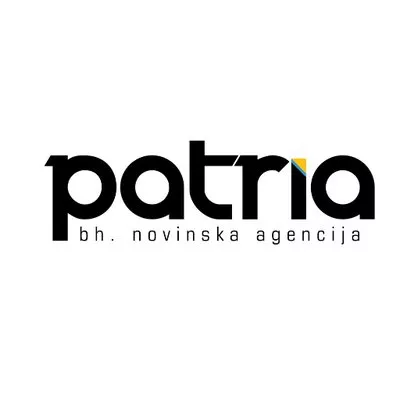
Aktuelno
Članak
Croatia's 'innocent passage' for vessels headed to BH coast: Sailing by CRO rules
According to the latest statements BiH state Prime Minister, Denis Zvizdic, Bosnia and Herzegovina will, strongly and relying on legal arguments, oppose to the construction of the Peljesac Bridge in M
.jpg.webp)
By: Armin ALJOVIC
According to the latest statements by BH Prime Minister, Denis Zvizdic, Bosnia and Herzegovina will, strongly and relying on legal arguments, oppose to the construction of the Peljesac Bridge in Maloston bay. The bridge is envisaged to connect two Croatian territories. For Bosnia and Herzegovina, the bridge would limit the access to the sea, which would be the first case of this kind in the world.
The UN Convention on the Law of the Sea, ref. Article 7 and Article 10, guarantees to every state which has a coast the right to the territorial sea. Building the Peljesac Bridge would violate the UN Convention signed by the official Zagreb too.
Croatia has tried to calm the ongoing heated public debate in BiH by a thesis that the construction of the bridge will be 'relaxed' so that even the largest vessel can sail below it, and that Croatia will give Bosnia and Herzegovina a 'right of innocent passage' to Neum. Ironically, it appears that BH side has been mainly soothed by the part of the story about the 'innocent passage', which would, if one consults Croatia's Maritime law, greatly harm BiH, considering the conditions which vessels would have to fulfill if they were to sail through the 'innocent passage' towards BH waters.
The innocent passage that Croatia is offering to BiH is innocent indeed, however, not for BiH but for Croatia. For BiH, it may prove rather harmful.
The 'innocent passage' is specifically mentioned in the actual Maritime Law of Croatia. It encompasses the maritime traffic for which Croatian waters are only transit passage. Vessels can pass through the innocent passage only if they respect the conditions set by Croatia. Even then, according to the Maritime Law, Croatia can control the vessels, including those passing through the innocent passage if Croatia assess the vessel as a potential threat. Who will oversee Croatia's assessing capabilities? Everybody has the right to doubt. Especially in the times when Croatian president Kolinda Grabar-Kitarovic is going around the world, referring to neighboring Bosnia and Herzegovina as a 'station for terrorists'.
The Article 21 of Croatia's Maritime Law reads that 'by innocent passage of a waterborne craft is understood navigation on the territorial sea of the Republic of Croatia without entering any of the country's ports open to international traffic... on condition that the peace, order or safety of the Republic of Croatia are not disturbed. The article also stipulates that 'The foreign waterborne craft shall accomplish the innocent passage by the shortest usual route, without interruption and delay.
Stopping and anchoring of a foreign waterborne craft using the right of innocent passage is permitted only if caused by events ascribed to regular navigation or force majeure or distress at sea, or in order to offer assistance to people, waterborne craft or aircraft in danger or trouble.
There is a number of other restrictions which Croatia can impose upon the vessels headed towards Neum through the offered 'innocent passage'.
Quite a few BH politicians have agreed to the concept of innocent passage proposed by the Croatian government, primarily the ministers and members of the parliament from HDZ BiH and SBB.
#English
Najnovije
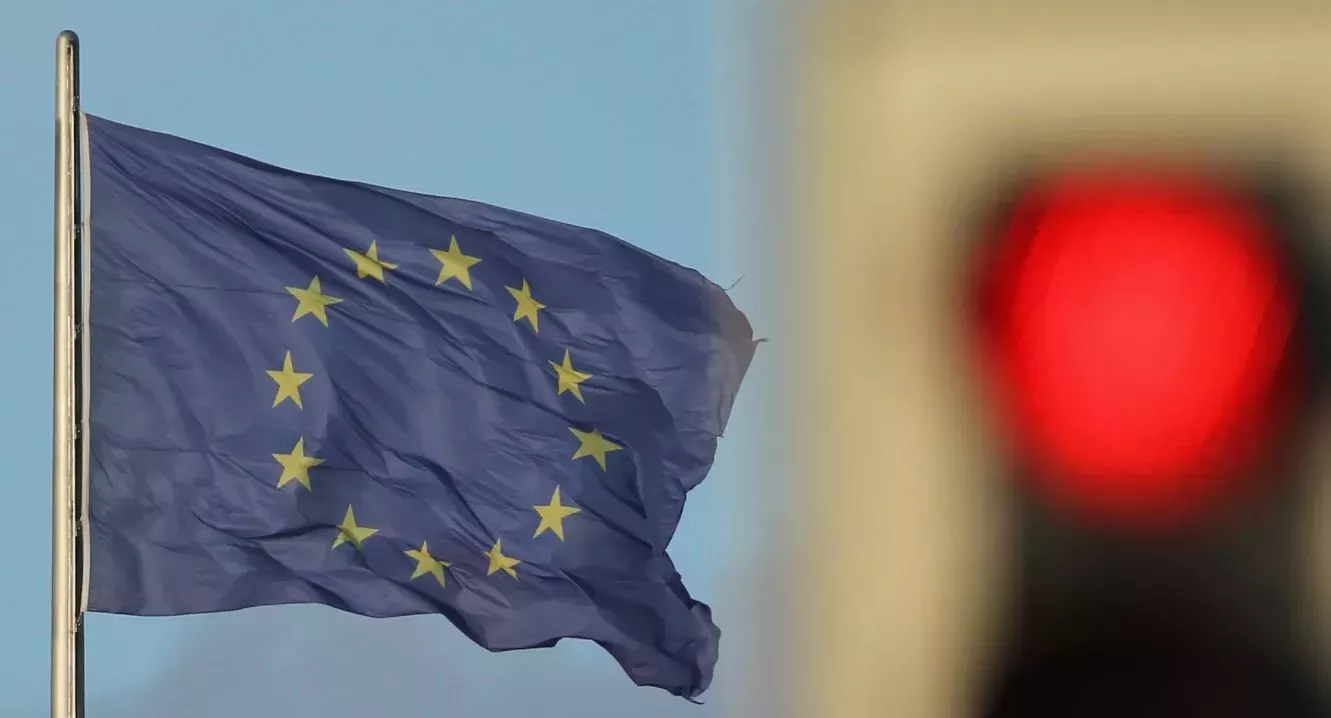
Brisel bez snage: Ako EU ne može obuzdati Mađarsku, kako će zaštititi BiH od Hrvatske?
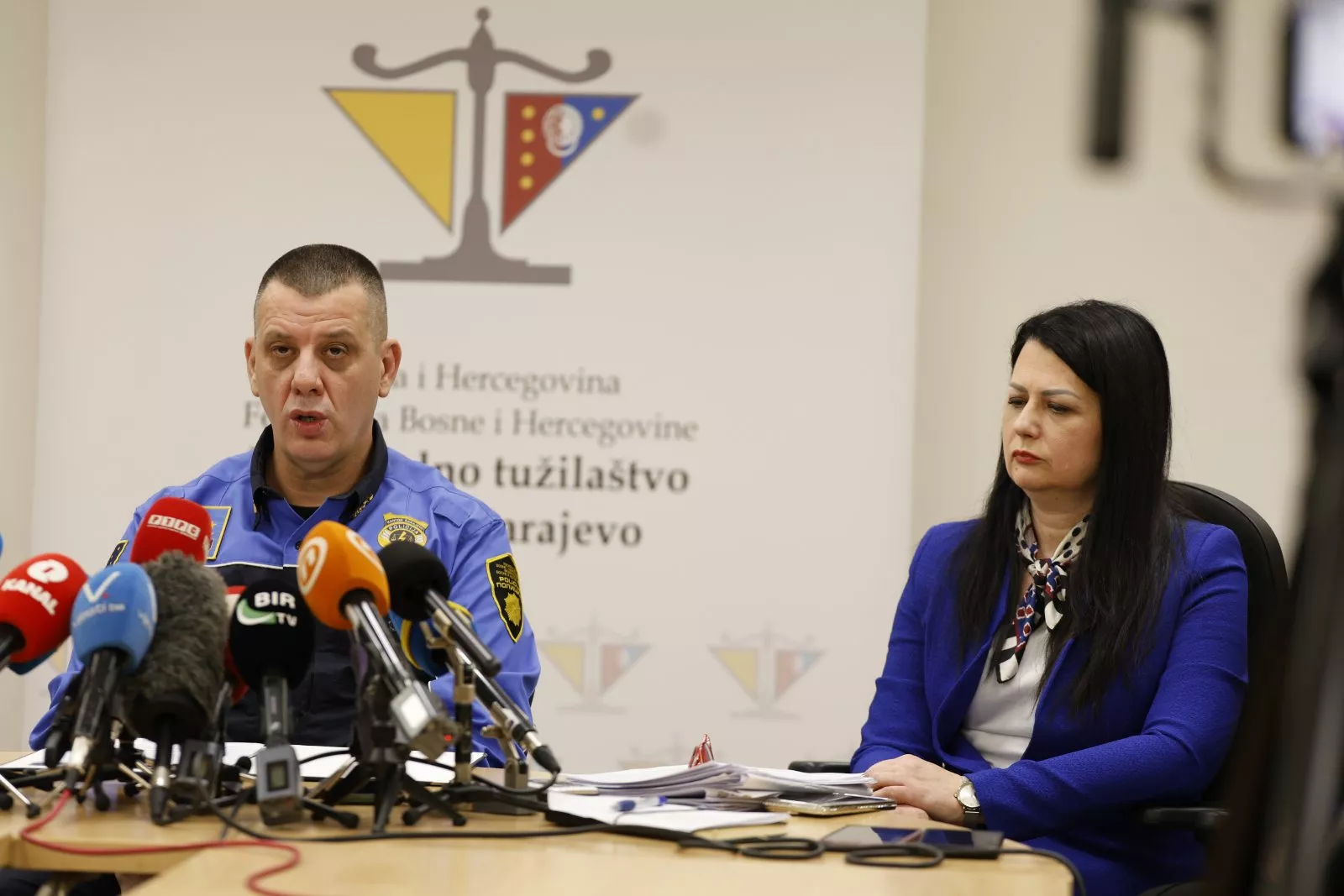
Javnost je očekivala odgovore, a Tužilaštvo i MUP KS su ih izgubili kada je pala podvala ‘vozač je kriv’!
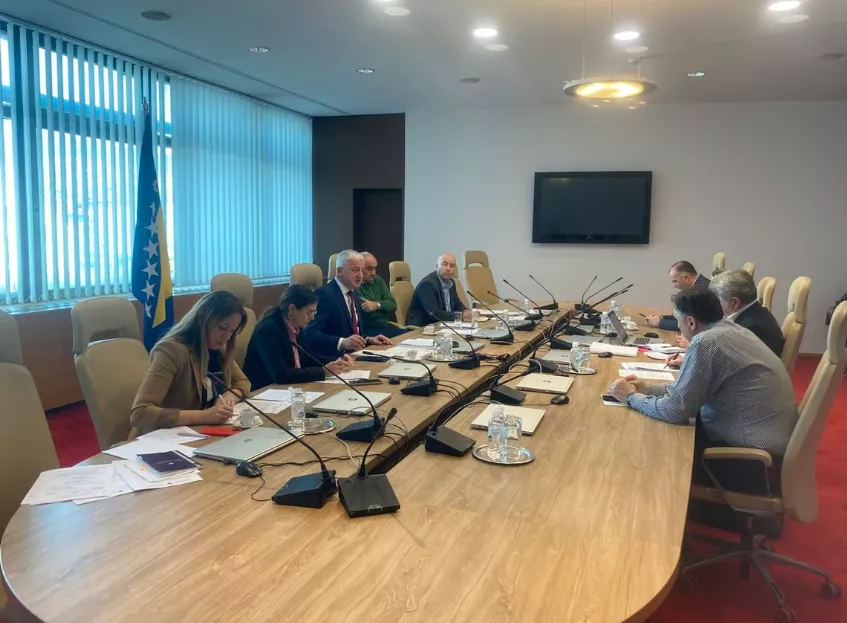
Komisija za borbu protiv korupcije zakazala javna saslušanja o aferama u UIO BiH za 10. i 17. mart

Washington uveo sankcije zbog cyber kriminala pojedincima i entitetima iz Rusije i UAE-a
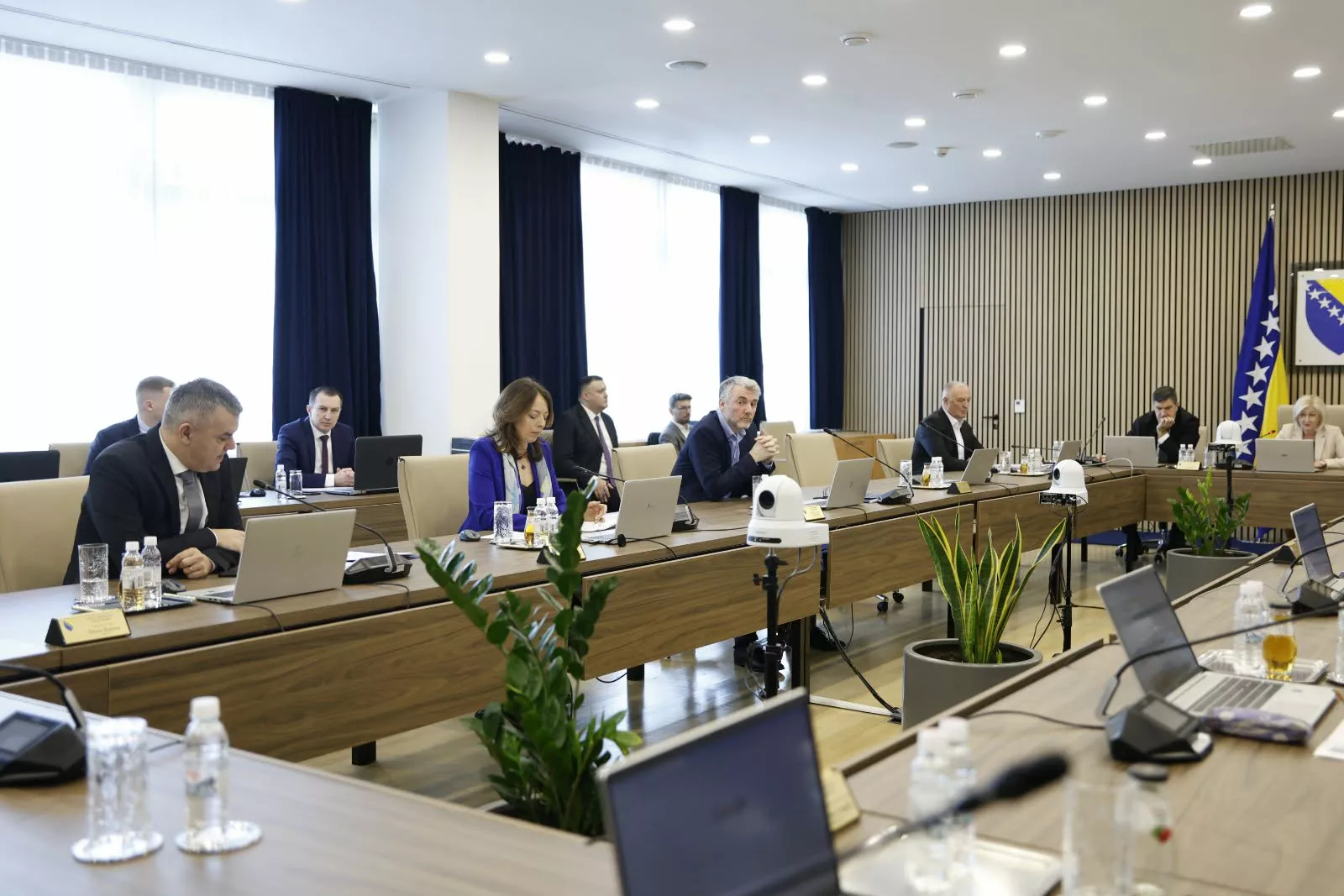
Slijede izmjene Zakona o komunikacijama: Korisnici prepaid kartica morat će se registrovati, nema više anonimnih poziva
Najčitanije
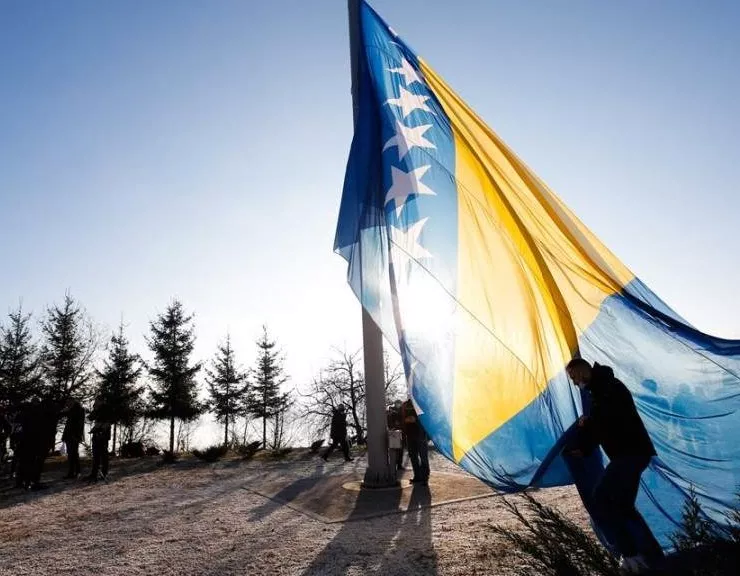
Dan nezavisnosti BiH obilježava se 1. marta i ne prenosi se, Hota-Muminović proglasila i 2. mart neradnim danom?
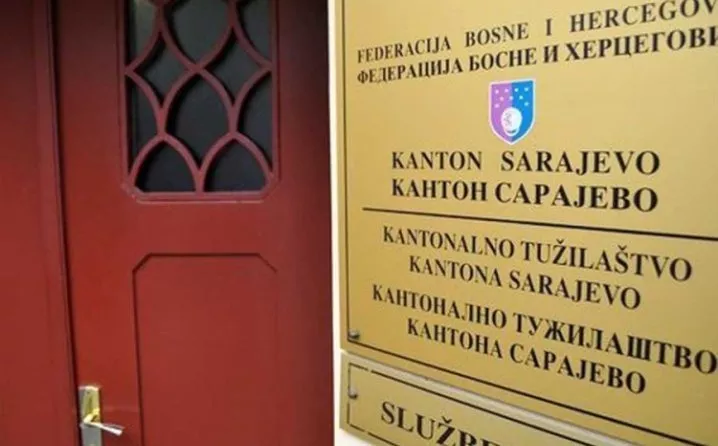
ŠTETA I UK NE ZNAJU Tužilaštvo KS neće provoditi istragu o dugu KJKP Gras zbog neplaćanja poreza i doprinosa

Komisiji za borbu protiv korupcije stigle prijave: Ko unaprijed gradi carinske terminale za UIO i kome se pogoduje
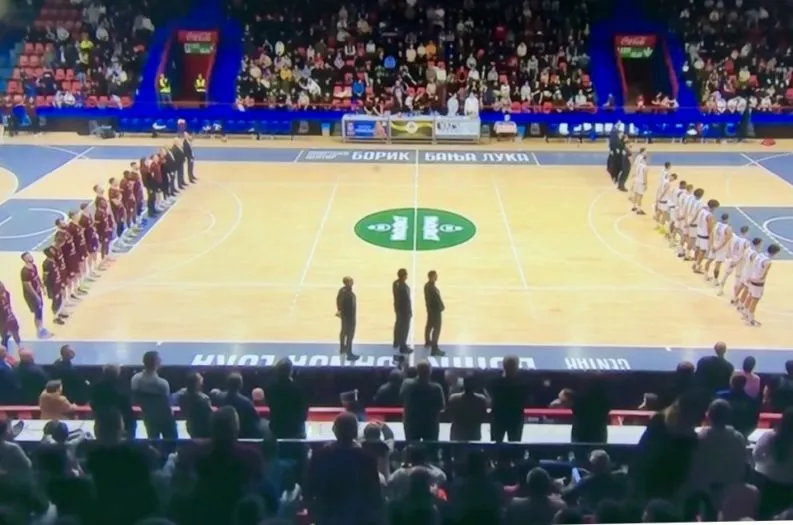
UTAKMICA BORCA I BOSNE U Banja Luci izviždana i prekinuto intoniranje himne BiH
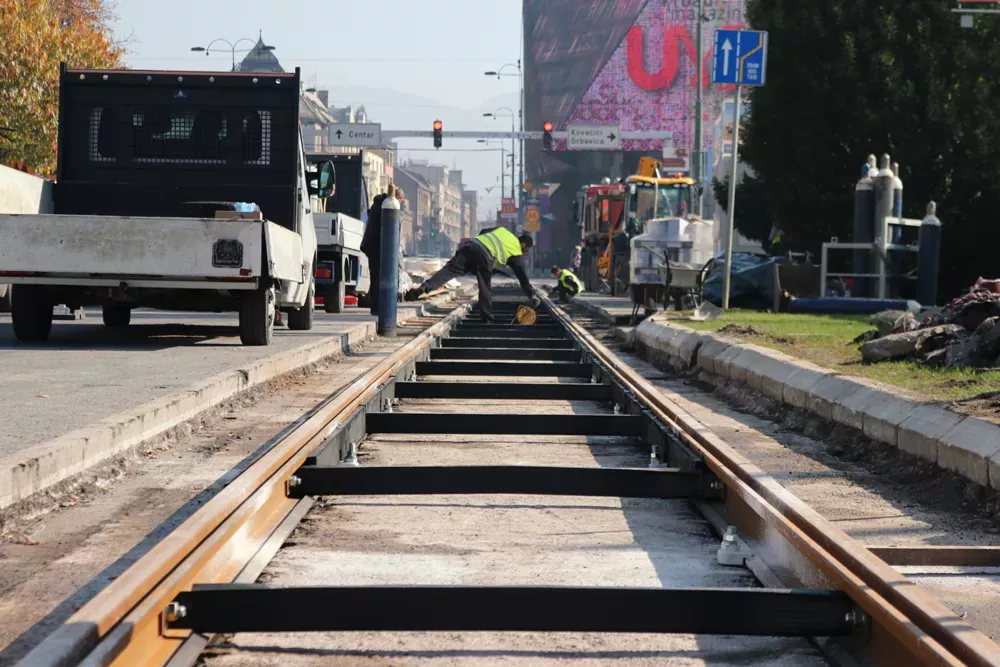
Vlada KS: Rekonstruisana tramvajska pruga ima sve upotrebne dozvole
